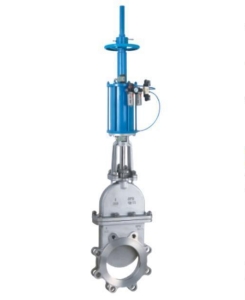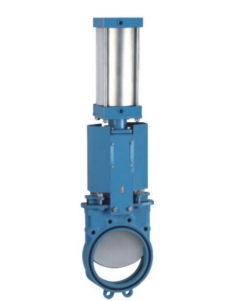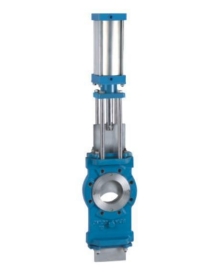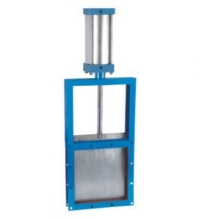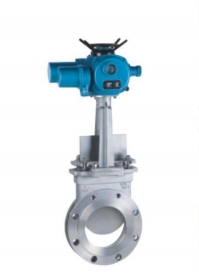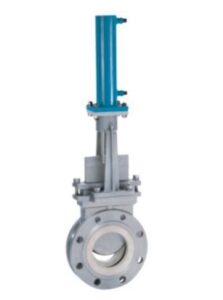
Control valves act as the “hand and foot” of the pipeline control system. The primary functions of control valves include the following:
Flow Regulation:
Control valves have a vital role in managing the flow of fluids within pipelines. They allow the suitable regulation of flow rate by adjusting the valve opening. And that particular operational needs are met.
Pressure Management:
Control valves are critical in managing and maintaining the desired pressure levels within pipelines. They can reduce or increase pressure as required. Promoting system stability and safeguarding against pressure fluctuations that could cause process inefficiencies.
Fluid Quality Control:
Control valves are instrumental in preserving the quality and properties of the fluid being transported. The control valve effectively controls flow rates as well as pressures. Ensuring the fluid remains within the parameters. Helping avoid cavitation, erosion, or high turbulence.
Process Optimization:
Appropriately selecting and installing control valves enables accurate control over various process variables such as temperature, level, flow, and pressure. Process optimization, higher productivity, energy efficiency, and improved product quality are all possible with this level of control.

Safety Enhancement:
Control valves are crucial in enhancing pipeline safety through their emergency shutdown capabilities. In severe instances, they can quickly isolate specific pipeline portions. Preventing or minimizing potential hazards, leaks, or accidents.
System Flexibility:
Control valves promote system flexibility. Making it easier to make changes in response to changing process demands. Enabling dynamic control and quick response to process variations ensures seamless operations even under changing conditions.
Energy Efficiency:
Control valves enhance energy efficiency. By decreasing pressure drops and flow restrictions. Precisely controlling flow rates and reducing unnecessary energy losses optimized the system’s efficiency.
Process Monitoring:
Control valves often incorporate instrumentation, such as positioners or intelligent devices, that offer feedback and monitoring capabilities. Collect real-time data. For remote monitoring and integrating seamlessly with control systems.
Control valves are critical in pipeline systems. They provide benefits like tracking the flow rate, controlling the pressure, and preserving the quality of the fluid. They also are good at optimizing operational techniques for safety. Control valves additionally multiplied strength efficiency and facilitate procedure monitoring. To make sure secure and efficient operations for changing needs approaches. To ensure peak performance and durability, having control valves expertly installed and consistently maintained by qualified instrumentation engineers is essential.

